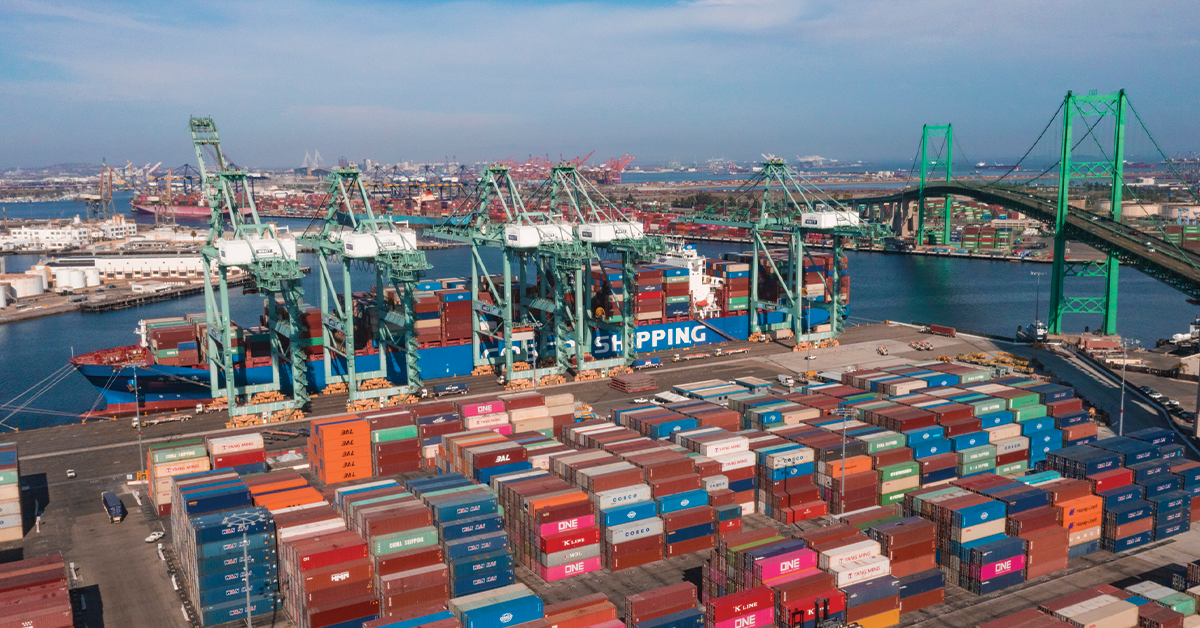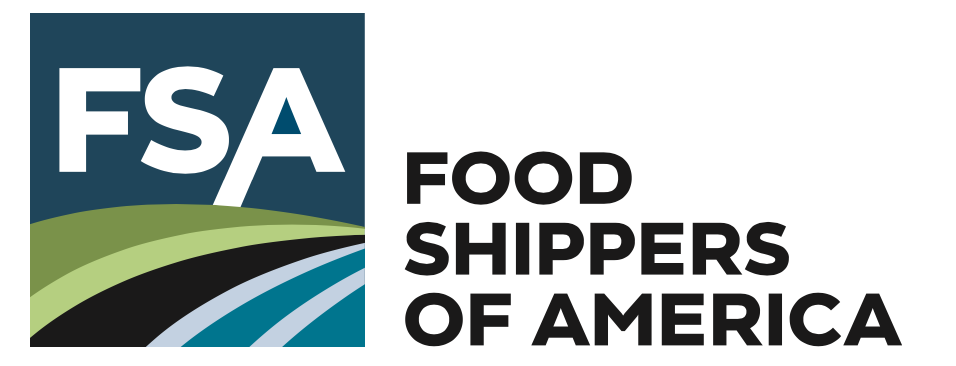FMC Clarifies Detention and Demurrage Billed to Food Shippers
by Staff, on Feb 26, 2024 12:05:08 PM

The Federal Maritime Commission (FMC) recently released new rules that will help to clarify and simplify the process by which shippers are billed for detention and demurrage charges.
 “The Ocean Shipping Reform Act required the FMC to clarify who can be billed for detention and demurrage charges, and we are extremely pleased to see that motor carriers who do not contract with ocean carriers will no longer receive these bills,” says Executive Director Jonathan Eisen of the American Trucking Associations’ Intermodal Motor Carriers Conference (IMCC) in a recent release by ATA.
“The Ocean Shipping Reform Act required the FMC to clarify who can be billed for detention and demurrage charges, and we are extremely pleased to see that motor carriers who do not contract with ocean carriers will no longer receive these bills,” says Executive Director Jonathan Eisen of the American Trucking Associations’ Intermodal Motor Carriers Conference (IMCC) in a recent release by ATA.
“The new rule will require ocean carriers to work directly with their customers, increasing incentives for faster dispute resolutions and bringing greater efficiency to the supply chain,” Eisen says.
Many food shippers have gone on record to express their frustrations with retention and demurrage billing practices during the pandemic. In fact, large food shippers such as Cargill, Ocean Spray Cranberries, Blue Diamondd Growers, Walmart, Target, and American Commodity Co. have been part of the National Shipper Advisory Committee (NSAC) that has been pushing FMC to expand oversight on demurrage and terminal dwell fees.
Ocean carriers collected about $6.9 billion in detention and demurrage costs from 2020 to 2022, according to the FMC’s final rule shared on Feb. 23.
A key regulation the FMC outlines in this ruling is the fundamental distinction of who receives an invoice. One element of the regulation is that detention and/or demurrage invoices can be issued to either the person for whose account was provided services from the billing party and the person who contracted with the billing party. Another option is the consignee, meaning “the ultimate recipient of cargo; the person to whom final delivery of the cargo is to be made,” according to the ruling. In addition, an invoice cannot be issued to both parties mentioned above. Nor can a billing party issue an invoice to any other person.
Another regulation from the final rule made by the FMC establishes a finite timeframe of 30 calendar days during which time detention and demurrage invoices must be issued. Billed parties have 30 days to make any requests involving fee mitigation, refunds or waivers. If a request is made by the shipper (or other party) in a timely manner, the billing party must attempt to resolve the matter within 30 days unless both parties mutually agree to a longer timeframe identified.
According to the FMC, most of the rulings will take effect on May 26, 2024. Section 541.6 of the ruling, which states what information an invoice must contain, is yet to be approved as the agency plans to collect further data and information. In an effort to ensure supply chain flexibility, the FMC wants to make a clear connection between failure to pick-up cargo or to return equipment in a timely manner.
The new rule from the FMC is being welcomed by some stakeholders, including motor carriers and third-party logistics companies. In fact, IMCC and ATA had been encouraging Congress to include this clarification in the Ocean Shipping Reform Act when it passed back in 2022. Why? Because motor carriers often face major detention and demurrage charges from ocean carriers when shipping containers are delayed either on the dock or after being taken off the port complex. This is the case even though trucking firms are not party to the contracts between the ocean lines and their shippers. During the supply chain disruptions of the pandemic, these charges resulted in major increases in costs for food shippers.
In October 2022, the FMC proposed ocean carriers provide more information on fees and to only send invoices with whom they have contractual relationships. In March of last year, the FMC also requested details from 11 ocean carrier on their policies and practices when it comes to issuing detention and demurrage invoices.
Related Articles:
- Shippers Push FMC to Expand Oversight on Demurrage, Terminal Dwell Fees
- Biden Signs Law to Lower Shipping Costs
Like this kind of content? Subscribe to our "Food For Thought" eNewsletter!
Now more than ever, professionals consume info on the go. Distributed twice monthly, our "Food For Thought" e-newsletter allows readers to stay informed about timely and relevant industry topics and FSA news whether they're in the office or on the road. Topics range from capacity, rates and supply chain disruption to multimodal transportation strategy, leveraging technology, and talent management and retention. Learn More



